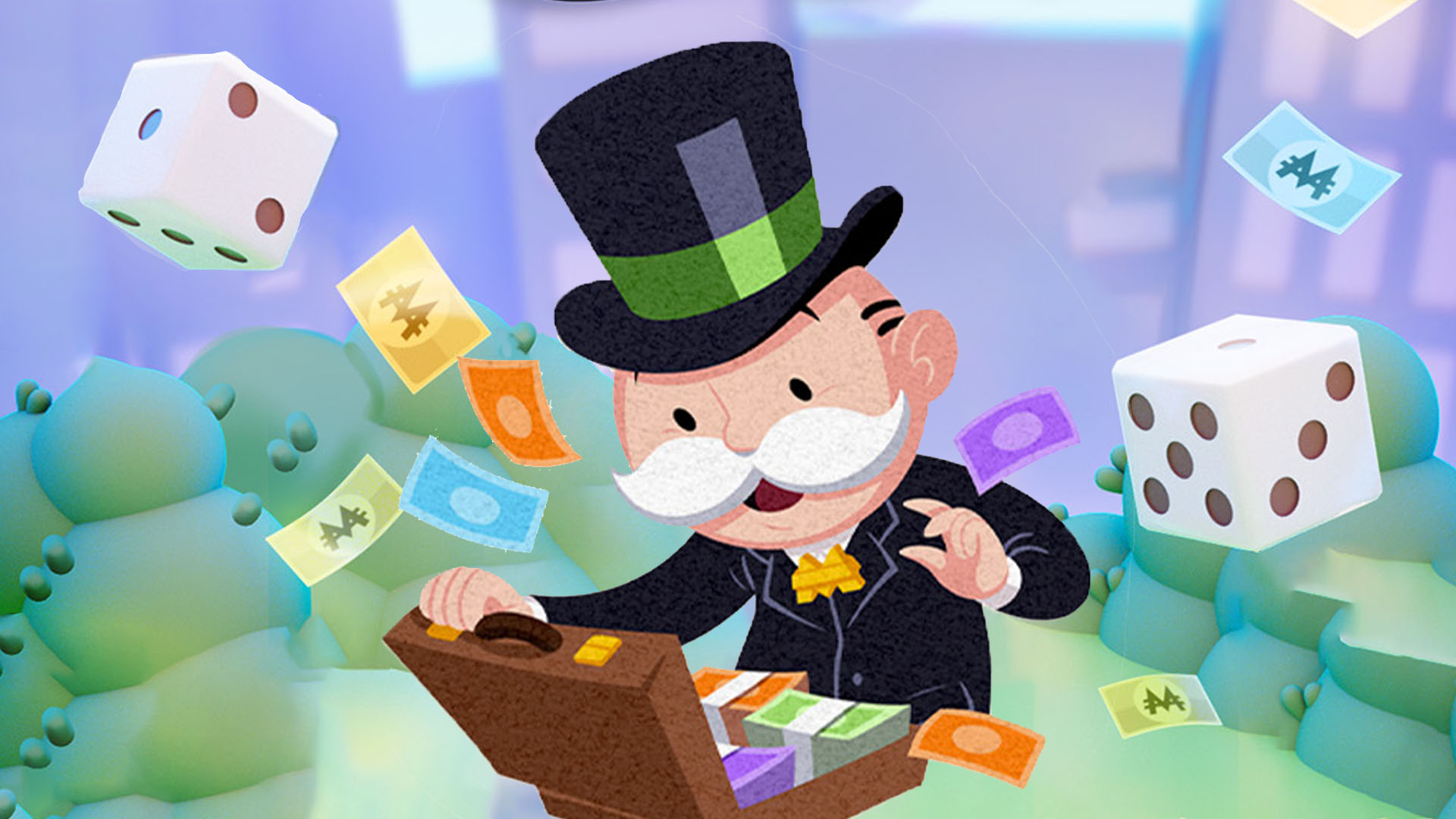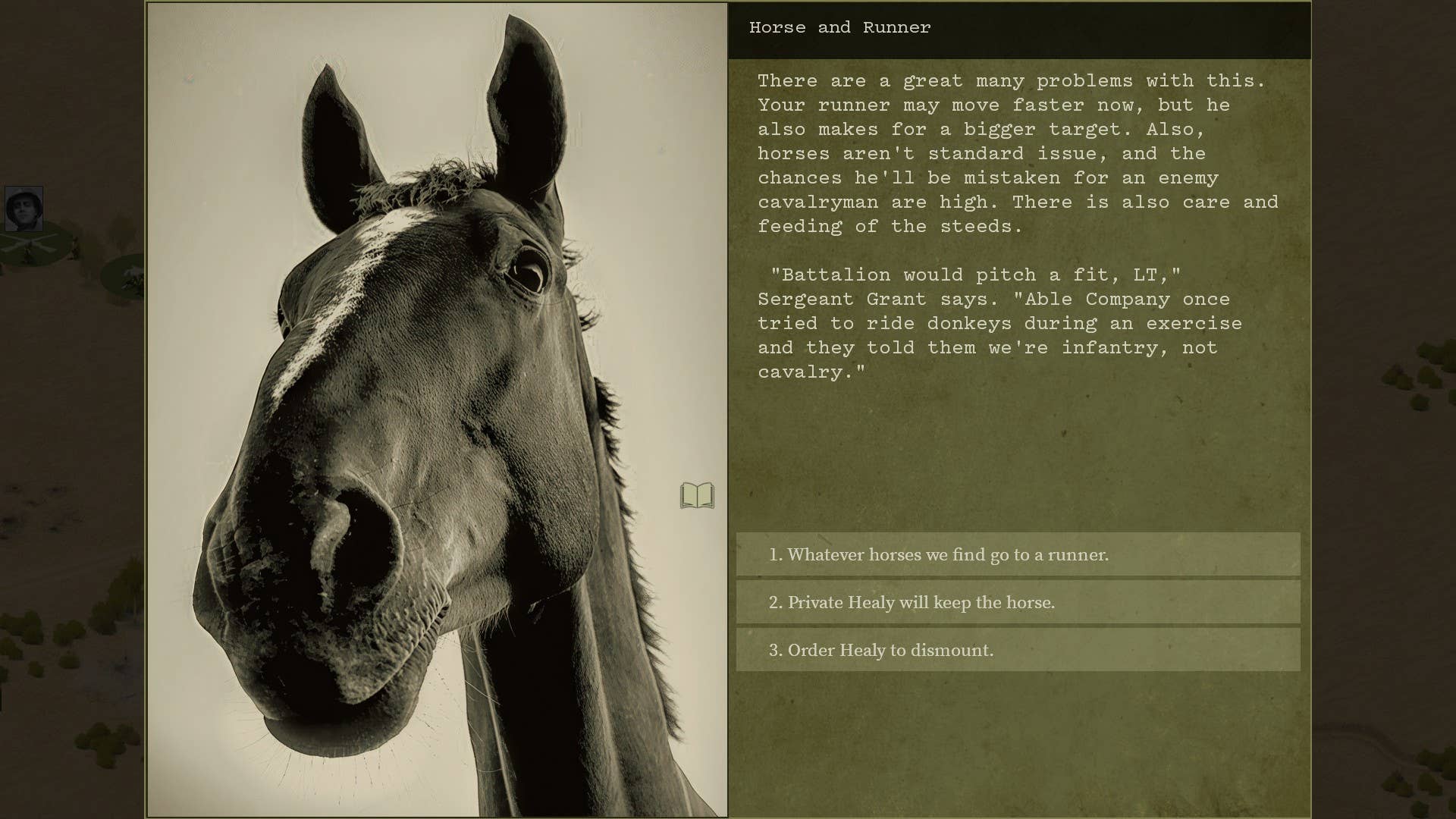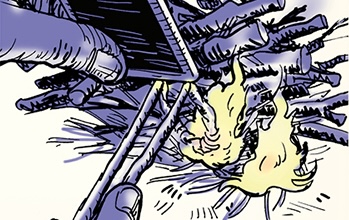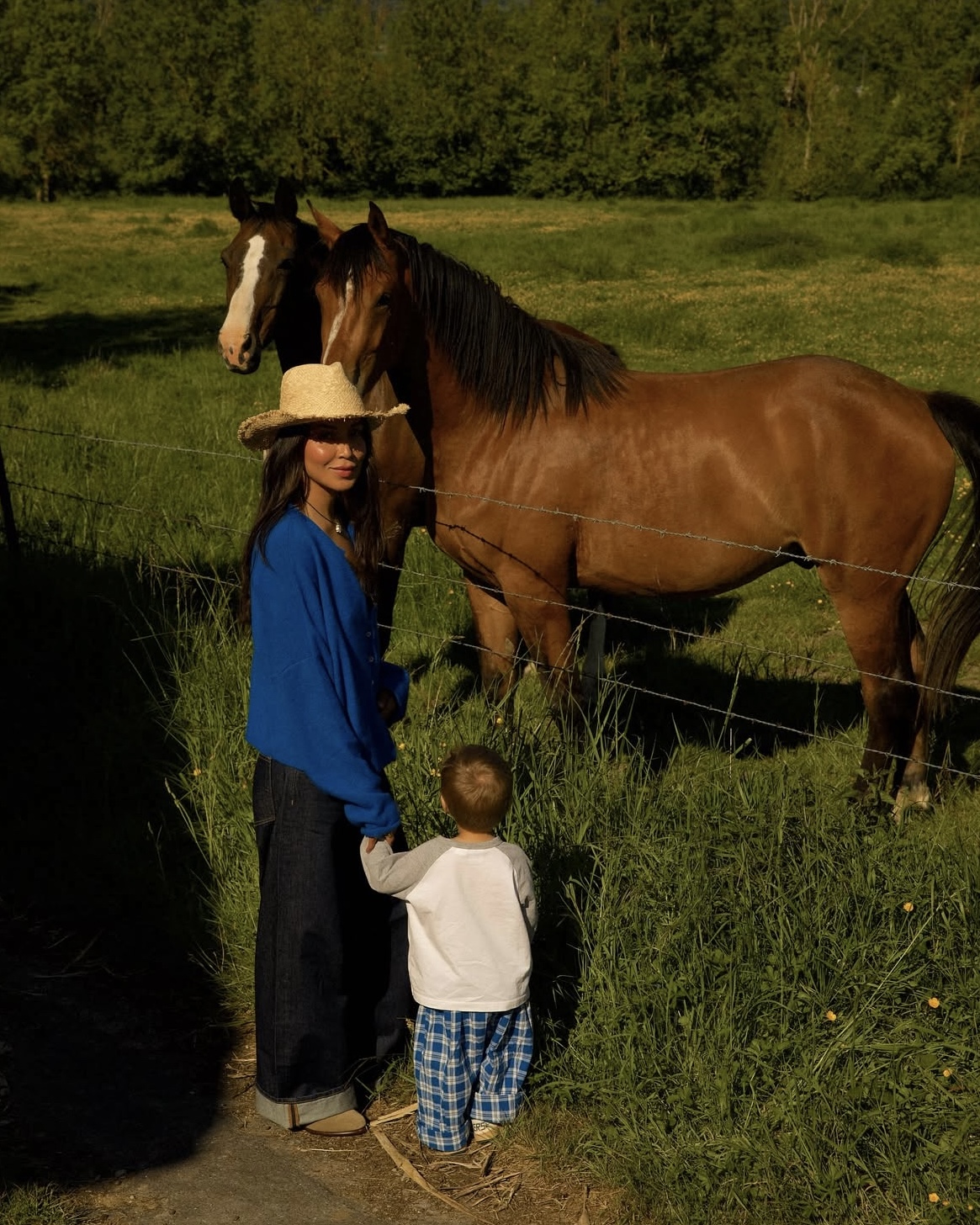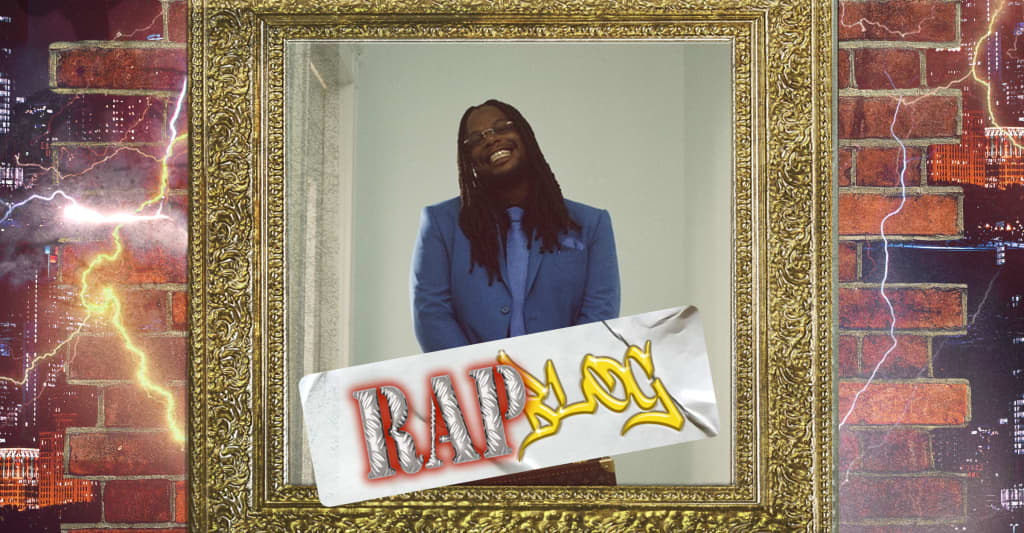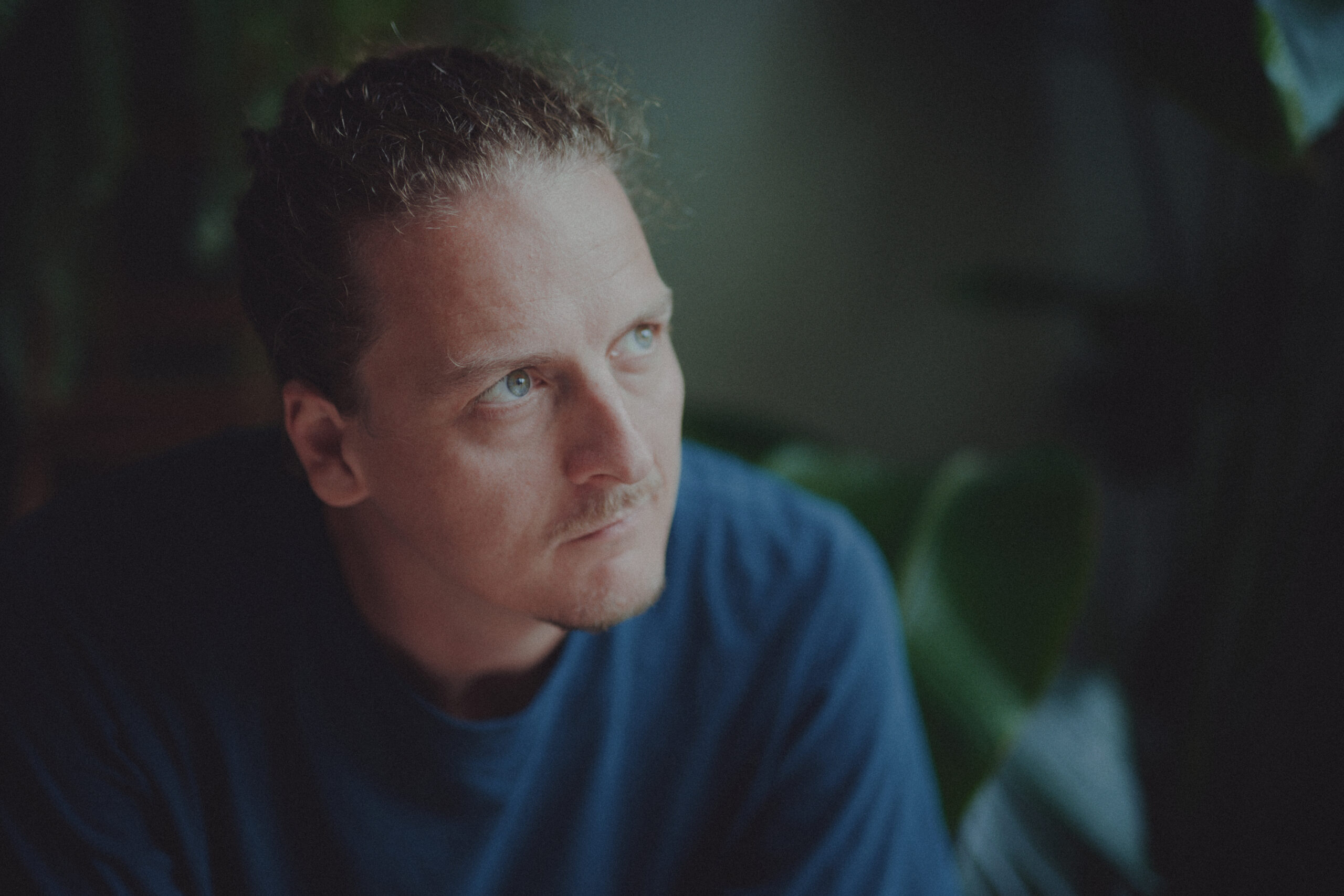Stephen Chbosky's Writing Advice: Own Your Identity
Author, screenwriter, and director Stephen Chbosky is best known for his coming-of-age novel The Perks of Being a Wallflower (1999), which became a New York Times bestseller and a significant book for young adult readers, including myself.Since then, he directed the film adaptation of his own book, as well as many other huge movies for studios, and wrote a bunch as well. I feel like he's one of those unsung workmen who knows how to get the beats on the page and just pumps out good material. Today, I wanted to look at some great writing advice from him that I found on YouTube. Let's dive in. Writing advice From Stephen ChboskyA recent video from Kieren Westwood's channel delves into the valuable writing advice offered by Stephen Chbosky. The discussion highlights several key principles for writers at any stage of their journey. So I thought we'd bring it here. I'd like to start with what I thought was the core of this message: owning your identity as a writer. He encourages writers to shed the "aspiring" label; if you engage in the act of writing, you are a writer. I think more people need to hear and practice that. External validation, such as securing a publisher or winning awards, or selling a screenplay, does not define one's status as a writer.Only the process of putting out pages does, so put out some pages. To combat the common foe of writer's block, Chbosky suggests a practical approach: separate the acts of creation and editing. This was something I think I did subconsciously, but now I want to make it part of my routine. Dedicate one day to writing freely and the next to refining the work. This method allows for uninhibited creation without the pressure of immediate judgment. For me, I try to write in the mornings and then edit in the afternoons. This separation allows me to incrementally move my story forward. Another big thing I think we all need to hear is the significance of self-care, advocating for rest and play as a means to overcome creative hurdles.Chbosky emphasizes the need for self-compassion and embracing the writing process. He acknowledges that it takes time for one's writing abilities to align with their literary or cinematic tastes. Perfection should not be an immediate expectation; rather, writing is a gradual journey of small signs of progress.I get hung up on that a lot. I want perfection so I can move on to the next task or idea. And I never find it. You're always tweaking and changing. It's not done until it's on the screen in a theater. Finally, the author advises against letting external perceptions dictate one's creative trajectory. Chbosky shares his own experience of initially believing he couldn't be a novelist due to being a slow reader, a "misunderstanding" that led him to screenwriting. This detour ultimately enriched his work across both mediums. At its heart, storytelling is the fundamental element, whether expressed through books or films, and the joy of creation should remain the primary focus.Summing It All Up These wise words are ones I'll go back to again and again. It is a privilege to be able to sit and write, and even when the days are bad, you have to find a love of the craft in them. It can be a long and hard journey, but it's one worth doing.Let me know what you think in the comments.


Author, screenwriter, and director Stephen Chbosky is best known for his coming-of-age novel The Perks of Being a Wallflower (1999), which became a New York Times bestseller and a significant book for young adult readers, including myself.
Since then, he directed the film adaptation of his own book, as well as many other huge movies for studios, and wrote a bunch as well.
I feel like he's one of those unsung workmen who knows how to get the beats on the page and just pumps out good material.
Today, I wanted to look at some great writing advice from him that I found on YouTube.
Let's dive in.
Writing advice From Stephen Chbosky
A recent video from Kieren Westwood's channel delves into the valuable writing advice offered by Stephen Chbosky.
The discussion highlights several key principles for writers at any stage of their journey. So I thought we'd bring it here.
I'd like to start with what I thought was the core of this message: owning your identity as a writer. He encourages writers to shed the "aspiring" label; if you engage in the act of writing, you are a writer.
I think more people need to hear and practice that.
External validation, such as securing a publisher or winning awards, or selling a screenplay, does not define one's status as a writer.
Only the process of putting out pages does, so put out some pages.
To combat the common foe of writer's block, Chbosky suggests a practical approach: separate the acts of creation and editing.
This was something I think I did subconsciously, but now I want to make it part of my routine.
Dedicate one day to writing freely and the next to refining the work.
This method allows for uninhibited creation without the pressure of immediate judgment. For me, I try to write in the mornings and then edit in the afternoons. This separation allows me to incrementally move my story forward.
Another big thing I think we all need to hear is the significance of self-care, advocating for rest and play as a means to overcome creative hurdles.
Chbosky emphasizes the need for self-compassion and embracing the writing process. He acknowledges that it takes time for one's writing abilities to align with their literary or cinematic tastes. Perfection should not be an immediate expectation; rather, writing is a gradual journey of small signs of progress.
I get hung up on that a lot. I want perfection so I can move on to the next task or idea. And I never find it. You're always tweaking and changing.
It's not done until it's on the screen in a theater.
Finally, the author advises against letting external perceptions dictate one's creative trajectory.
Chbosky shares his own experience of initially believing he couldn't be a novelist due to being a slow reader, a "misunderstanding" that led him to screenwriting.
This detour ultimately enriched his work across both mediums. At its heart, storytelling is the fundamental element, whether expressed through books or films, and the joy of creation should remain the primary focus.
Summing It All Up
These wise words are ones I'll go back to again and again. It is a privilege to be able to sit and write, and even when the days are bad, you have to find a love of the craft in them.
It can be a long and hard journey, but it's one worth doing.
Let me know what you think in the comments.





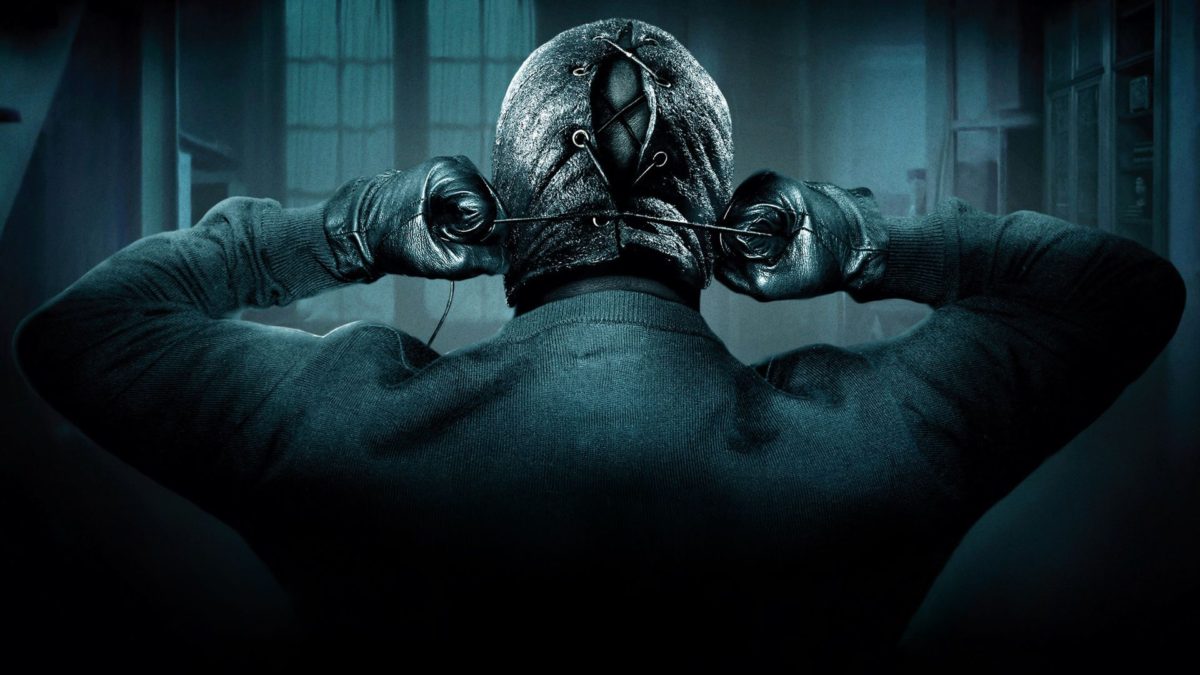




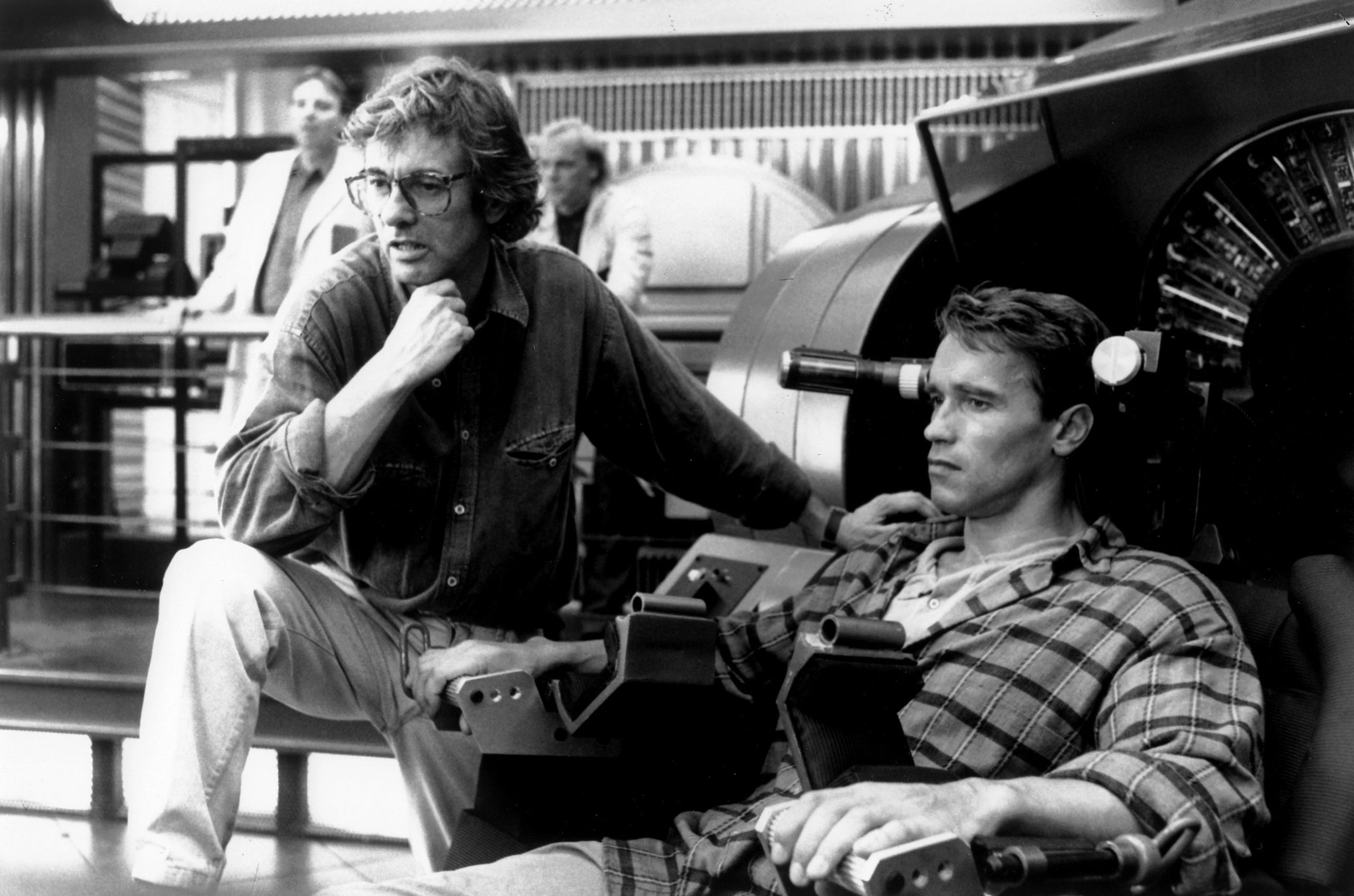



















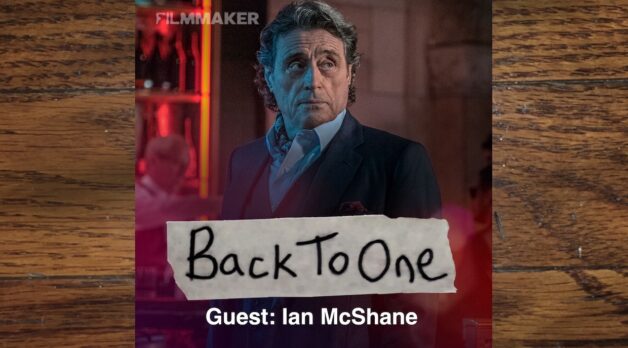























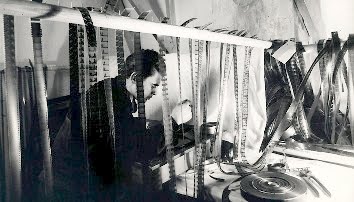
![The Sweet Cheat [THE PAST REGAINED]](https://jonathanrosenbaum.net/wp-content/uploads/2011/05/timeregained-womanonstairs.png)
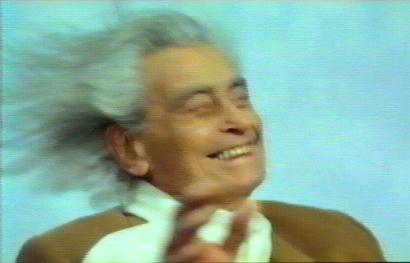
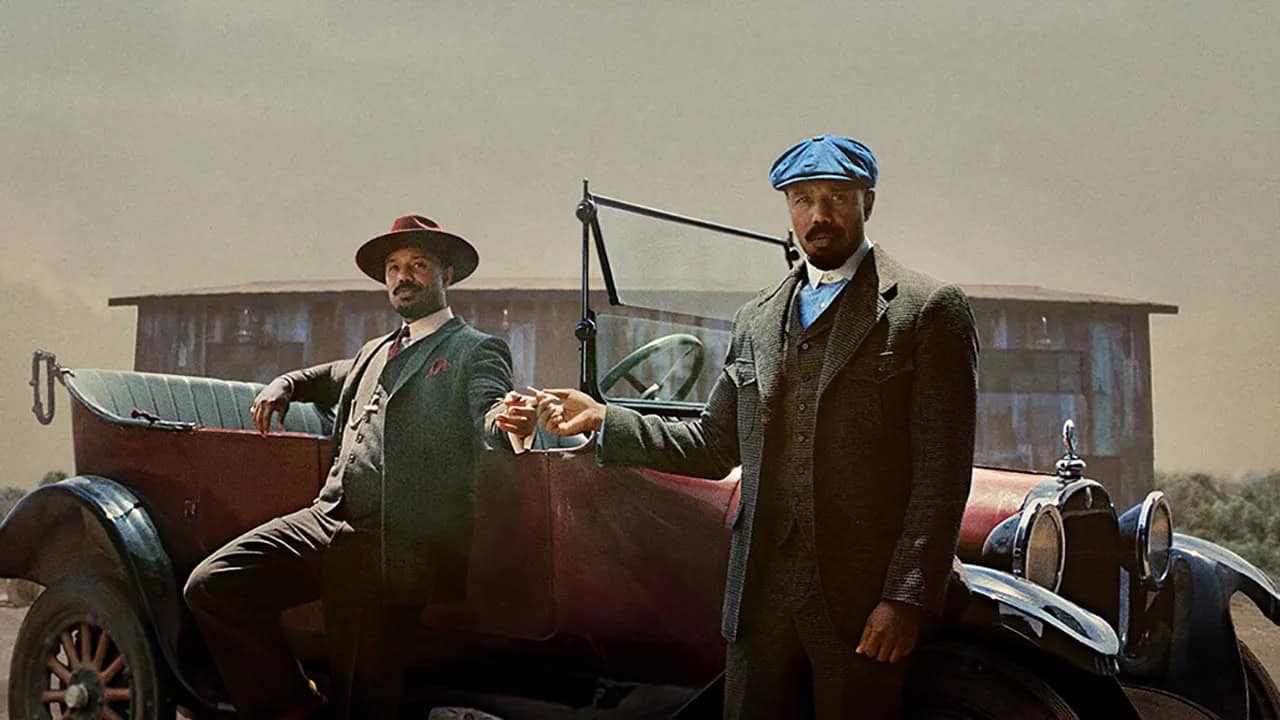

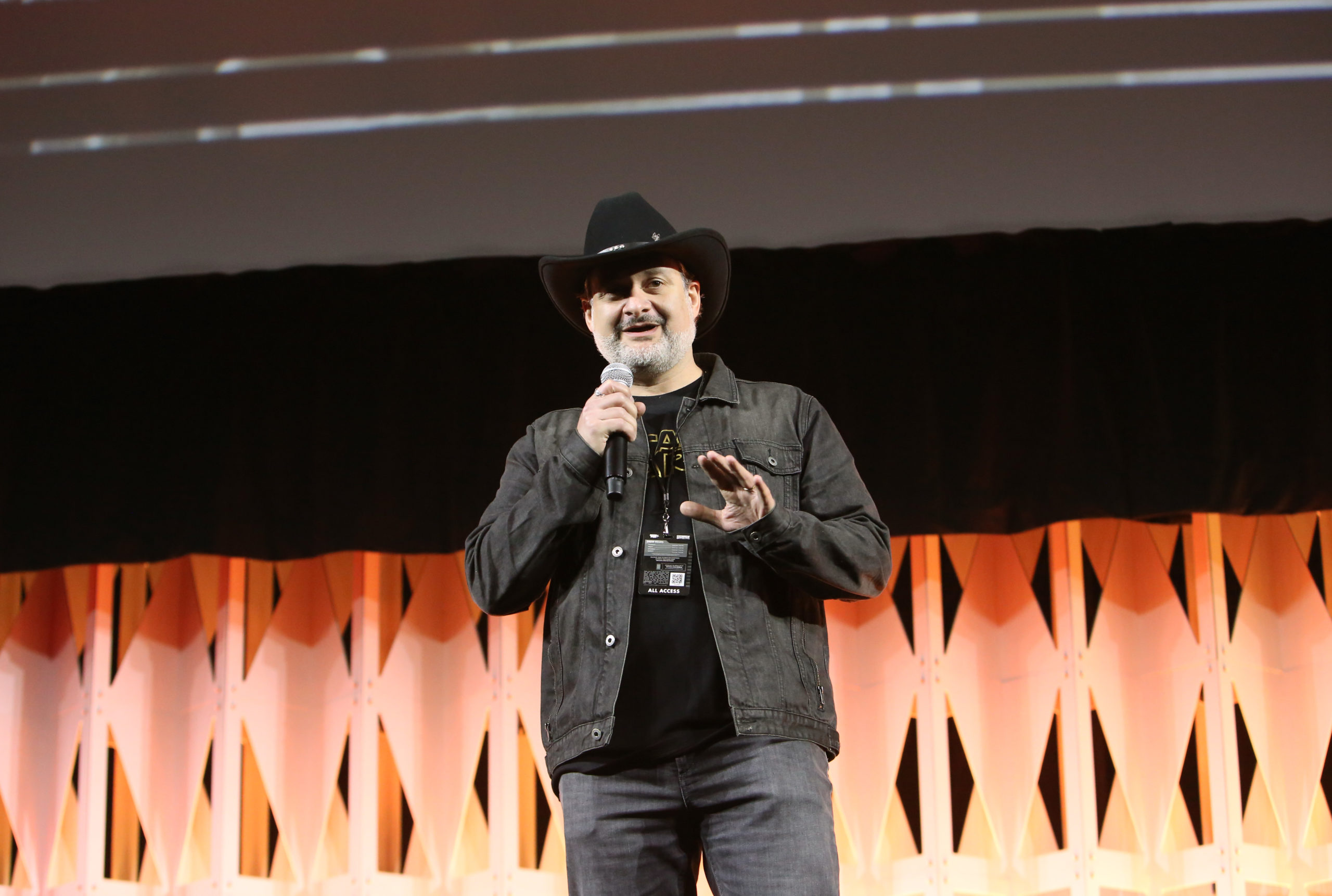



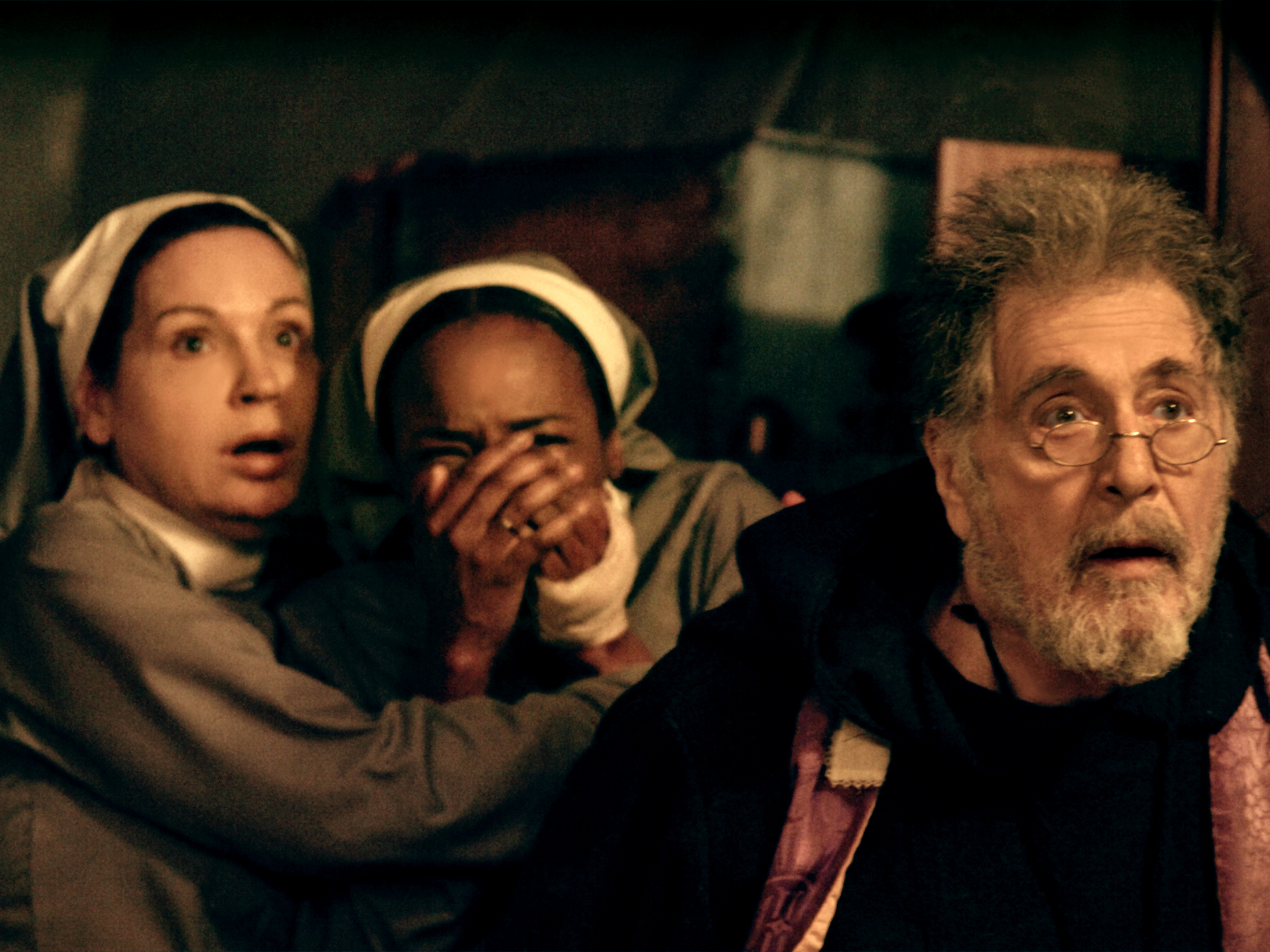

















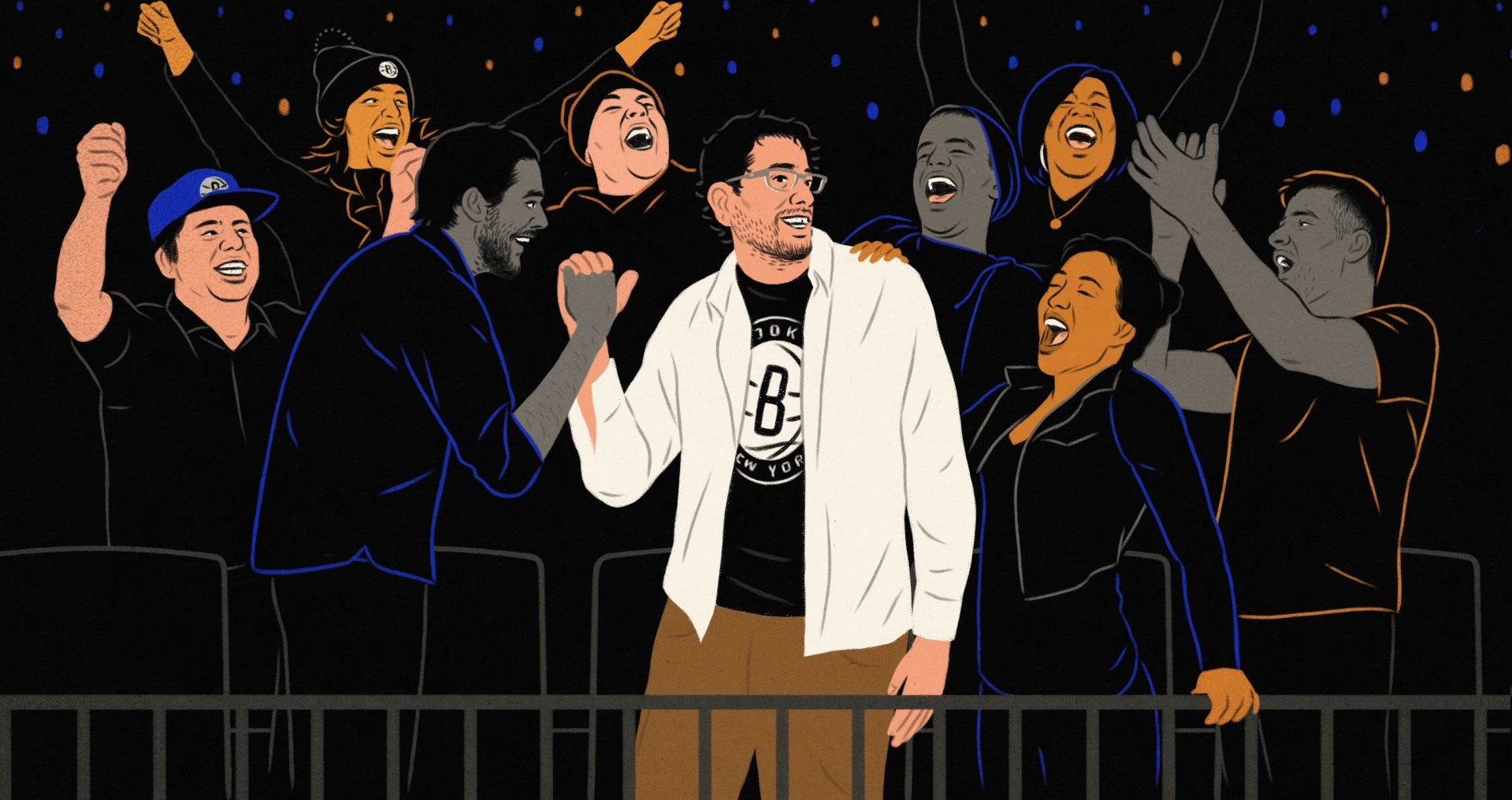


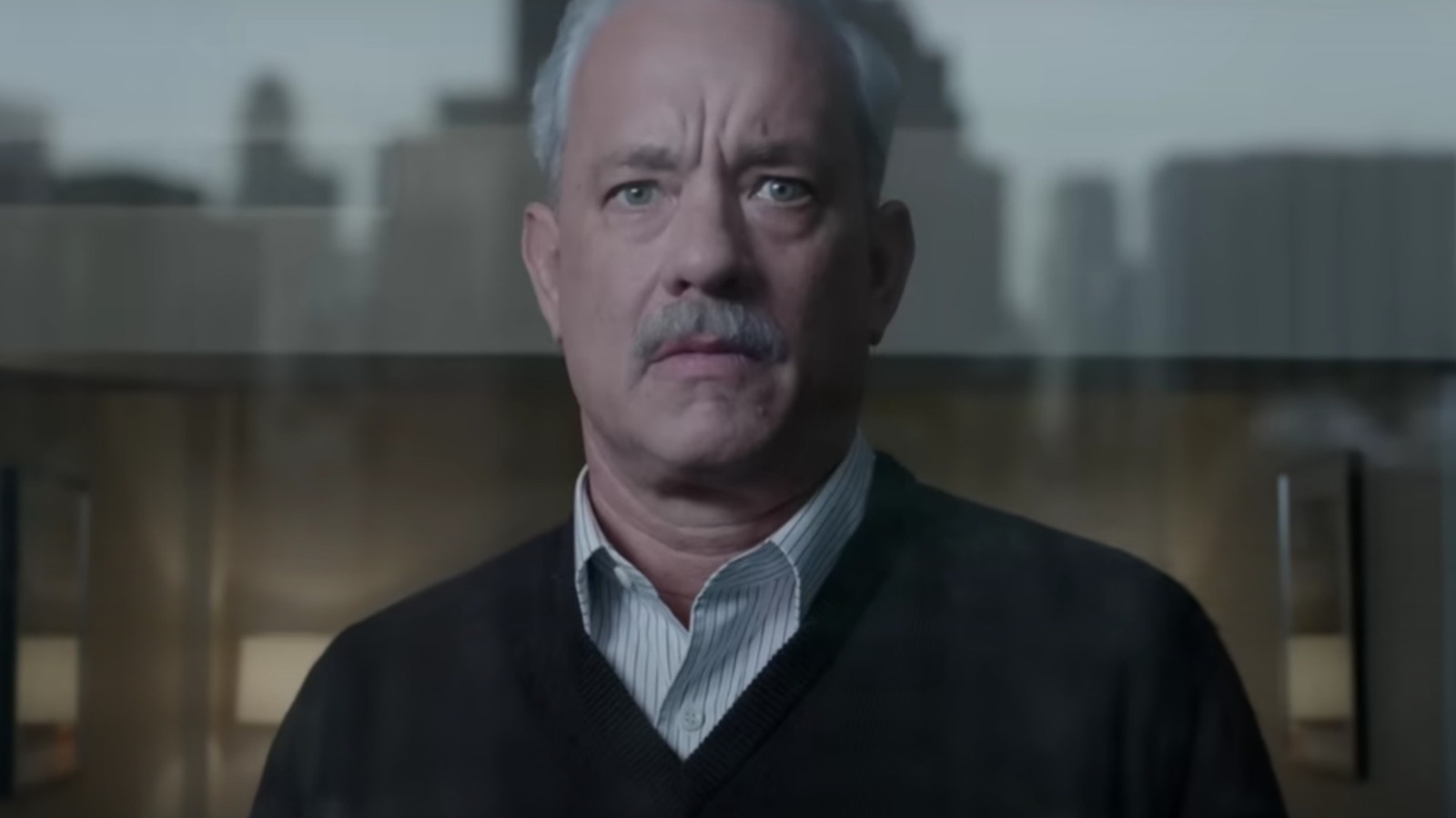

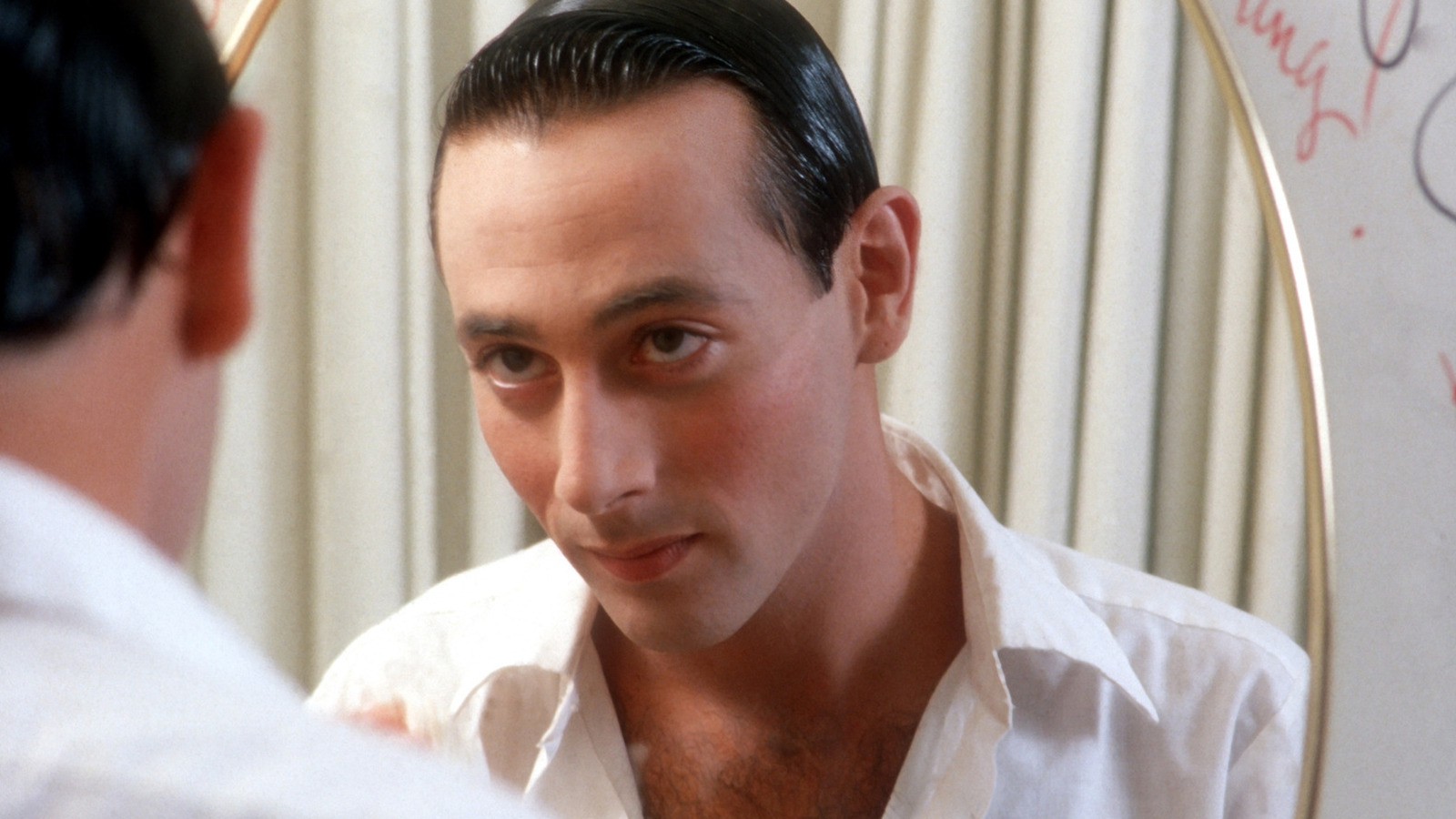











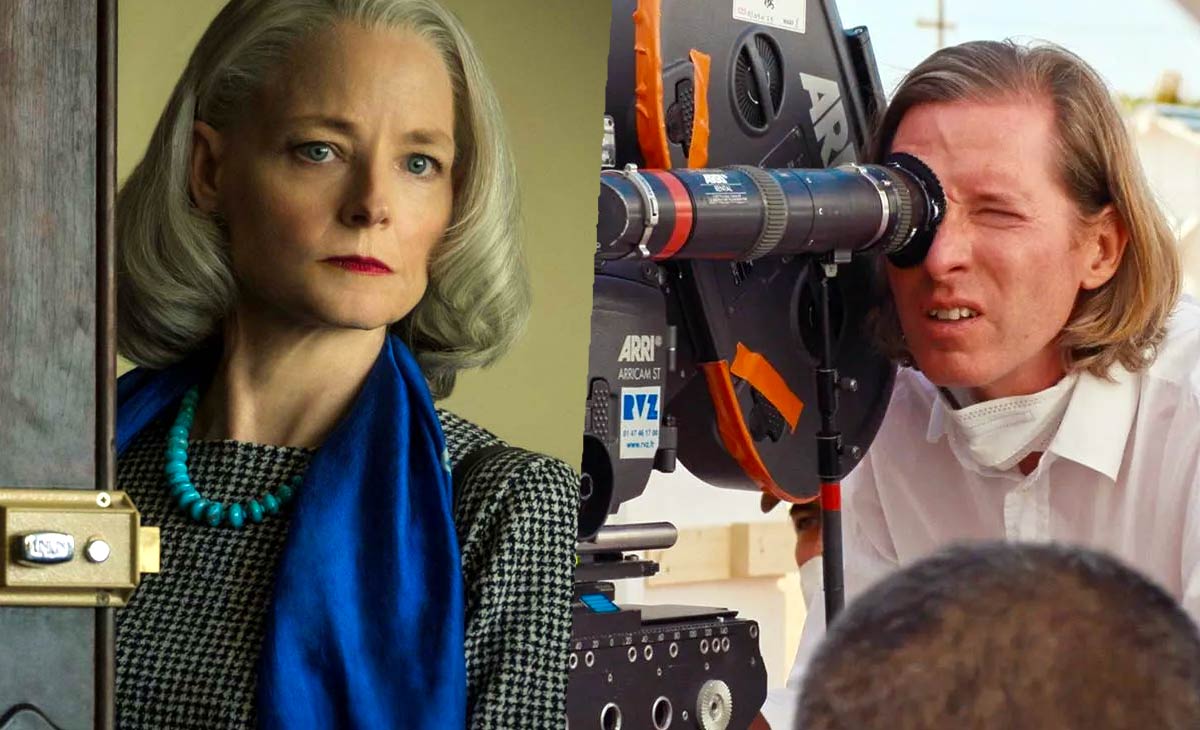













![United Quietly Revives Solo Flyer Surcharge—Pay More If You Travel Alone [Roundup]](https://viewfromthewing.com/wp-content/uploads/2025/04/united-737-max-9.jpg?#)




















































































































































